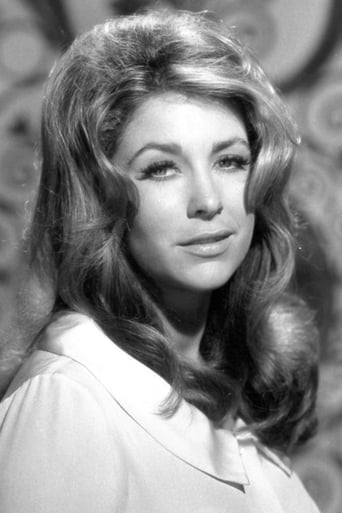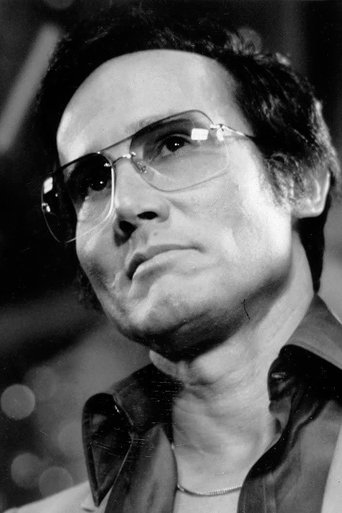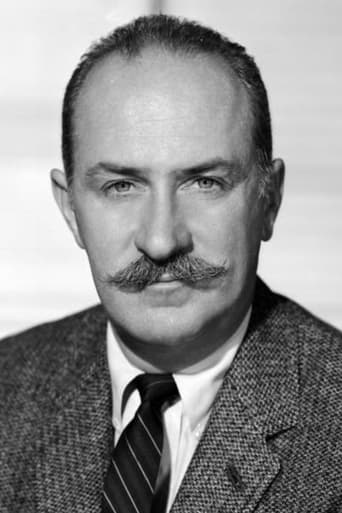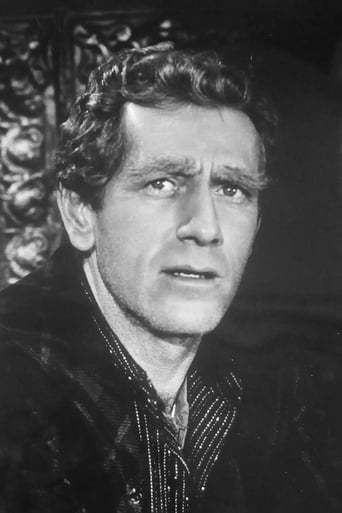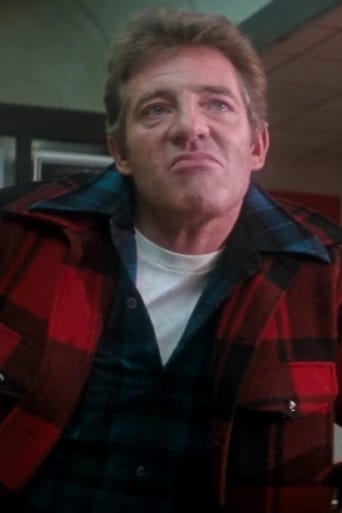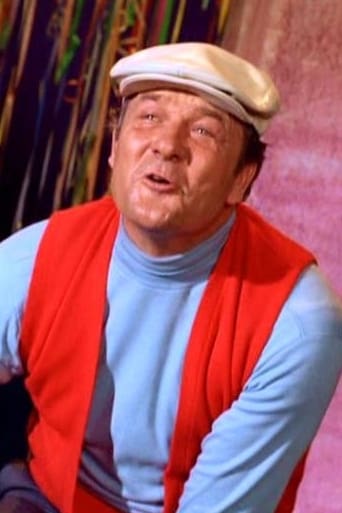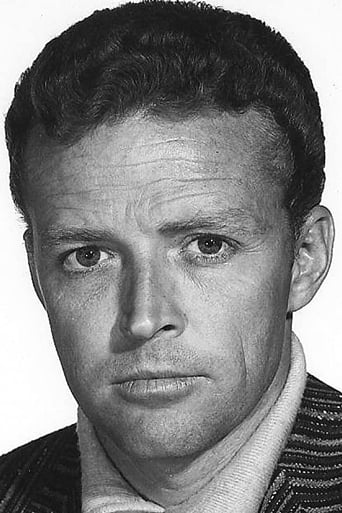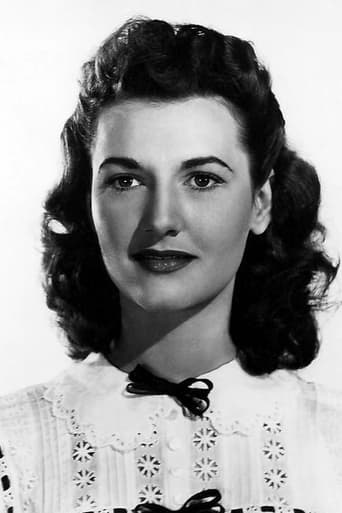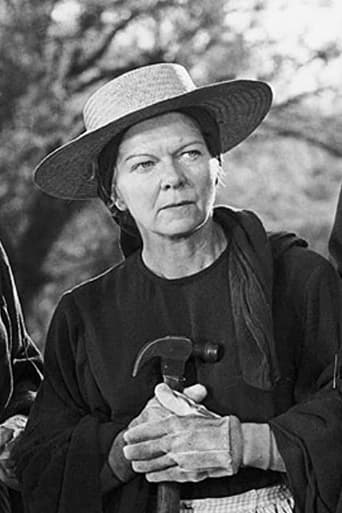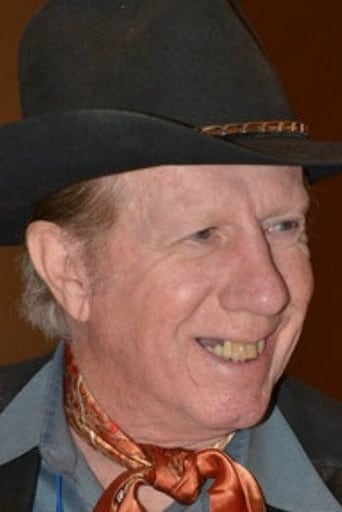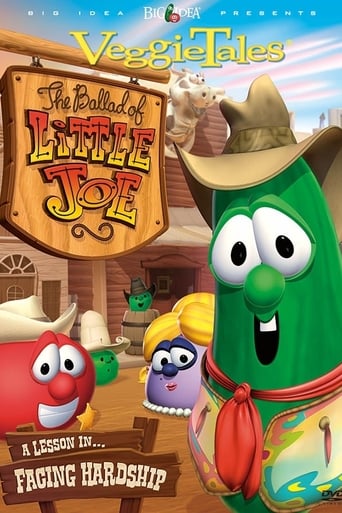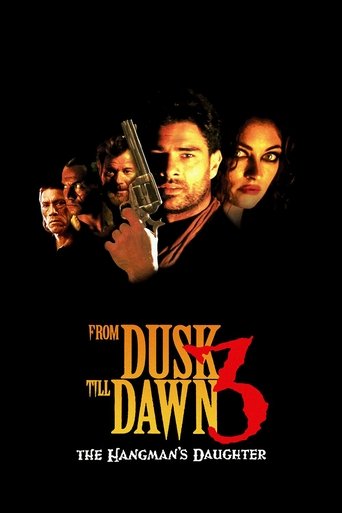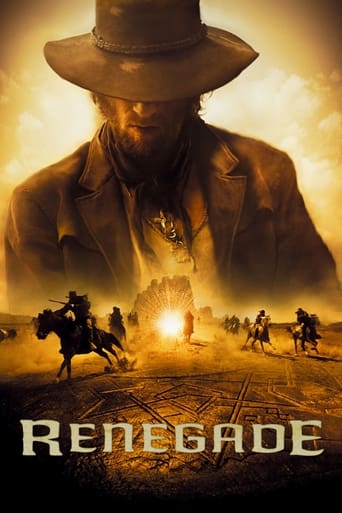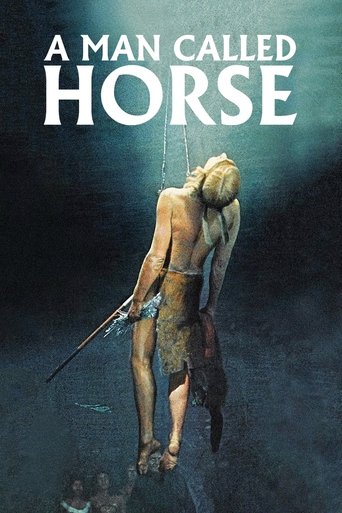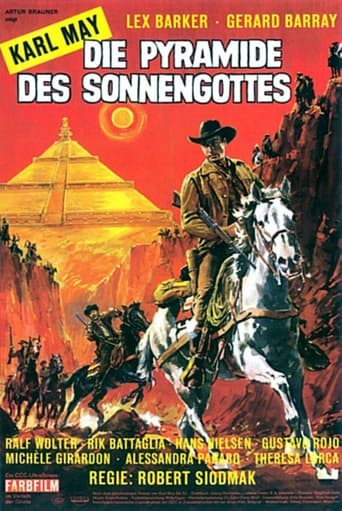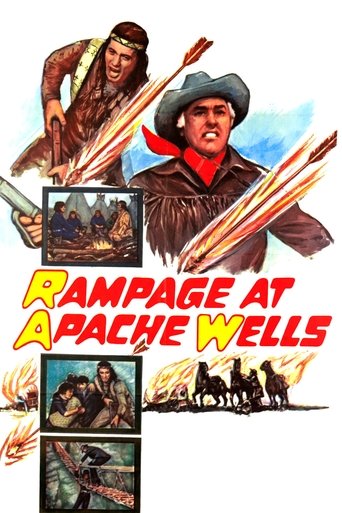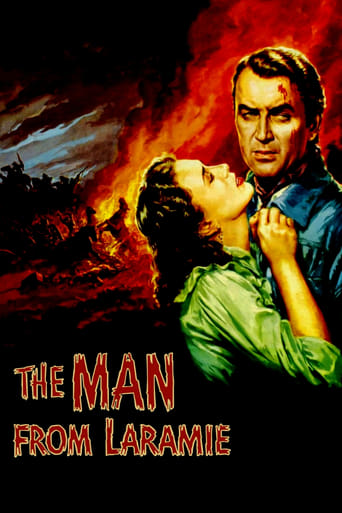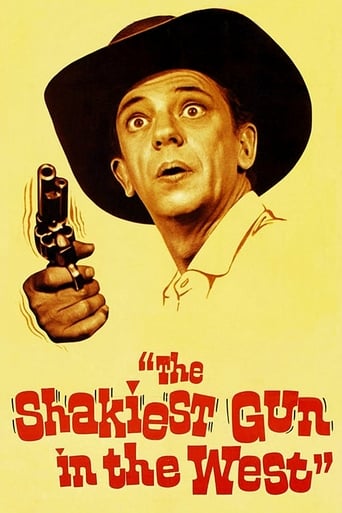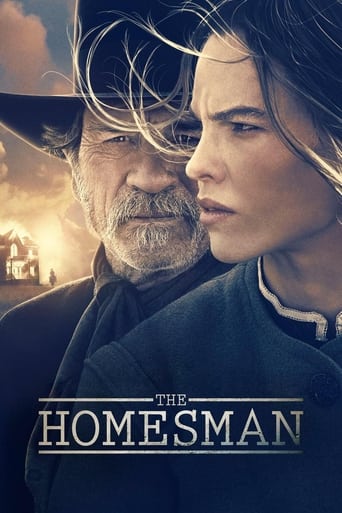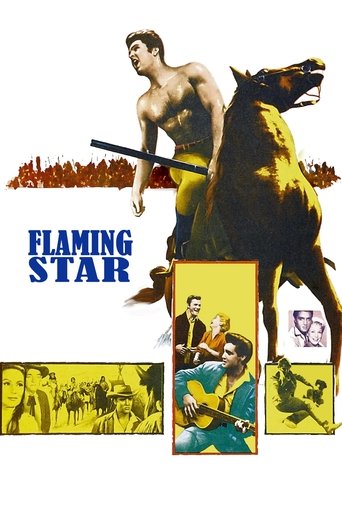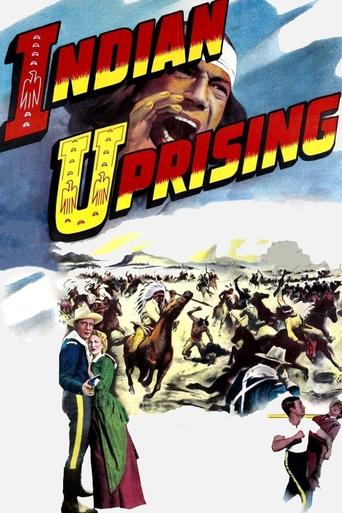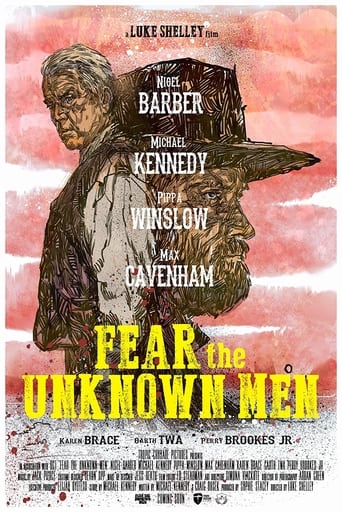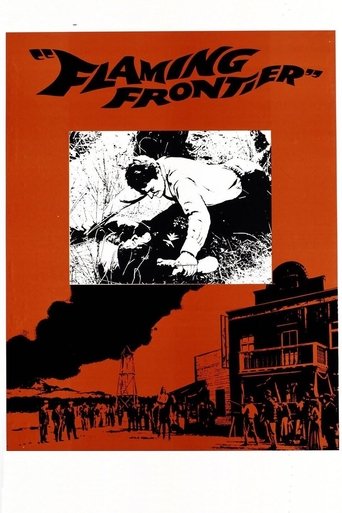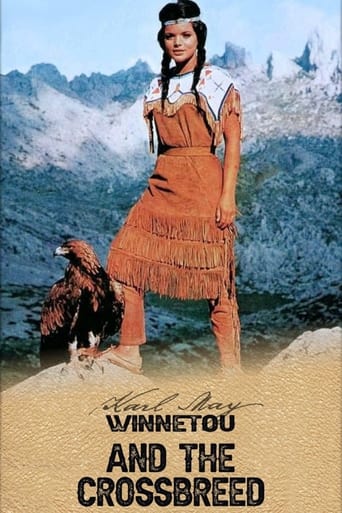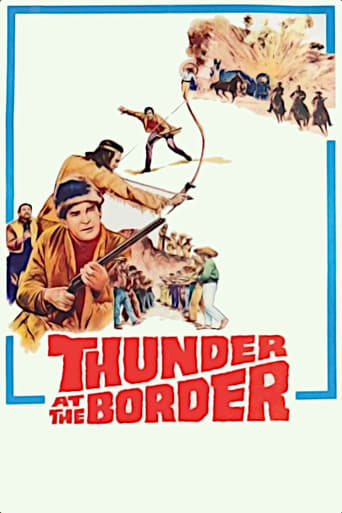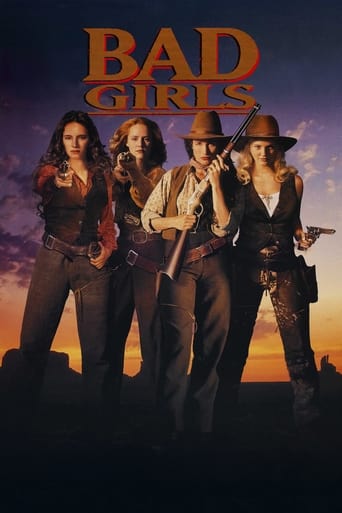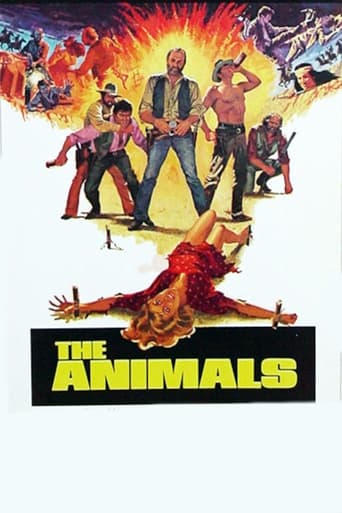
The Animals (1970)
A woman tracks down the three men who raped her, helped by an Apache. Traveling through the Old West to her new home, young schoolteacher Alice McAndrew is abducted by five outlaws headed by robber Pudge Elliott. The thugs rape Alice before leaving her for dead, but she is rescued by Chatto, an Apache chief. He restores her health and aids her in her bloodthirsty quest for revenge. With her sanity wavering, will Alice be able to find the men who tortured her?
- Ron Joy
- Lester Hoyle
- Richard Bakalyan
Rating: 4.1/10 by 9 users
Alternative Title:
The Animals - US
The Desperados - US
Five Savage Men - GB
Apache Vengeance - US
Country:
United States of America
Language:
English
Runtime: 01 hour 26 minutes
Budget: $0
Revenue: $0
Plot Keyword: rape, apache nation, native american, wild west, gold theft, rape revenge
**_White savages vs. noble ‘savage’ with Michele Carey and Henry Silva_** A young lady is manhandled after a stagecoach robbery in Arizona and left for dead (Carey), but a solitary Apache patiently sees to her restoration (Silva). They eventually team-up to pursue justice. John Anderson plays the righteous lawman that heads the posse while Keenan Wynn is on hand as the leader of the thug scum. "The Animals" (1970), also known as “Five Savage Men,” is an obscure ‘B’ Western that was the blueprint for "Hannie Caulder" (1971) and "I Spit on Your Grave" (1978). Michele was 27 during shooting and one of the most beautiful women on earth at the time. You might remember her from “El Dorado” (1966), “Live a Little, Love a Little” (1968) and “Dirty Dingus Magee” (1970). The score was written by Rupert Holmes, known for his hit “Escape (The Pina Colada Song).” It starts out dubious because it's mod-ish and seemingly unfitting for a movie that takes place in the Old West, but other Westerns had already set this precedent in the 60s. Thankfully, the music improves with some parts featuring notable percussive pieces and others that are moving. Most of the reviews are pretty low, but I’m sure this is due to the lousy first impression of the score and other technical deficiencies of what is likely the only print available. Sure, it’s low budget and reminiscent in tone of the contemporaneous “Cry Blood, Apache,” but it's superior to that barbaric and dismal revenge yarn. For instance, it’s more than just a brutal crime/revenge flick as the center of the story focuses on a noble 'savage' who contrasts the five Caucasian savages from the first act. He develops a successful cross-cultural relationship with the white woman back when it was socially unacceptable on either side. For anyone who argues that this is unrealistic, Apache men back then were people just like you and me today. They weren’t all cookie-cutter. One or two here and there were more individualistic compared to the typical brave and could even be viewed as outcasts. That seems to be the case here. The last act switches to the expected vengeance à la "Hang 'Em High" (1968), but the climax is surprising, offering a lesson on how even a noble individual can grossly misjudge another person (or people) & situation, and actually commit a crime. That’s why the bible advises not judging until enough accurate info is acquired to make a just assessment; and, even then, you have to be careful. There are unexpected creative bits as well, like the well-done Apache stare-down sequence and the fistfight over the saloon lass in the street. I also disagree that “The Animals” can be written off as a rip-off of Spaghetti Westerns. It's an American production shot completely in Arizona and I could cite numerous American Westerns as influential. Don't think for a second that Sergio Leone's “Man With No Name” trilogy was wholly original. For instance, Ennio Morricone's score for "A Fistful of Dollars" features a moving piece glaringly inspired by Dimitri Tiomkin's outstanding "El Degüello" from "Rio Bravo" (1959). Lastly, unlike the typical Italian Western caricatures, this flick provides actual characters. The core relationship is actually touching and so the flick scores well in the human interest department. The film runs 1 hour, 26 minutes, and was shot in Arizona, e.g. Saguaro National Park, Old Tucson, Sonoran Desert, Sierrita Mountains and Santa Cruz River. GRADE: B

